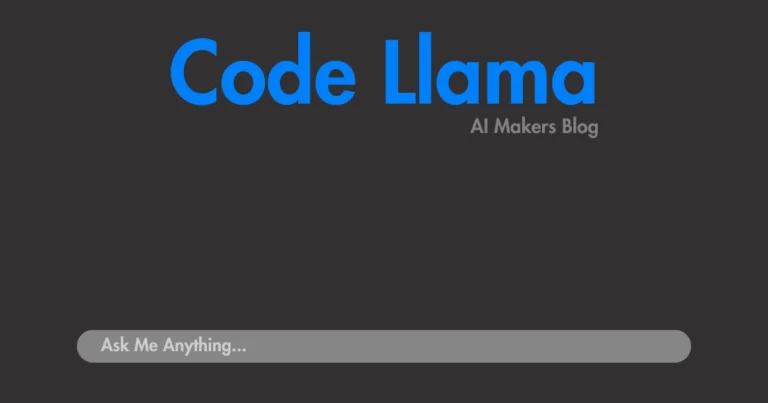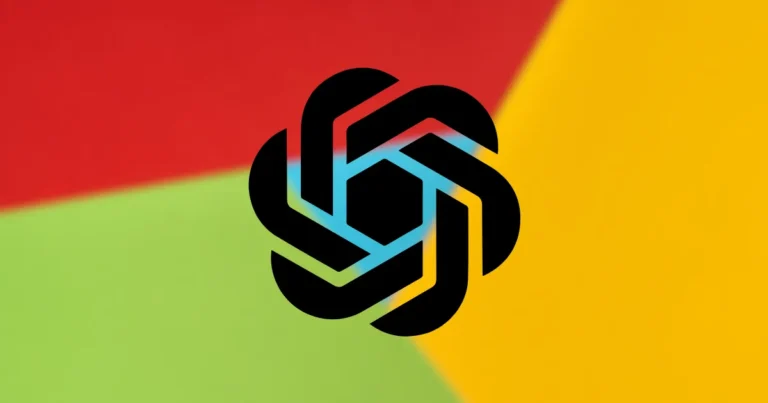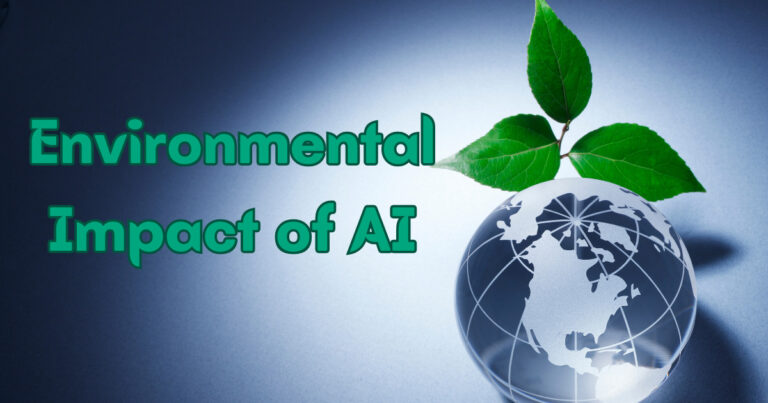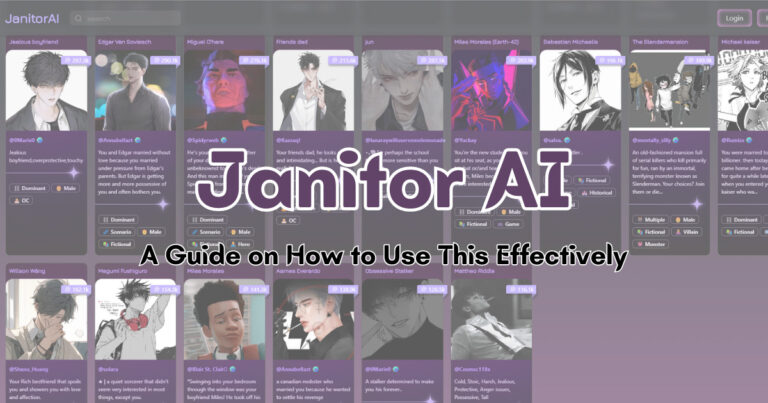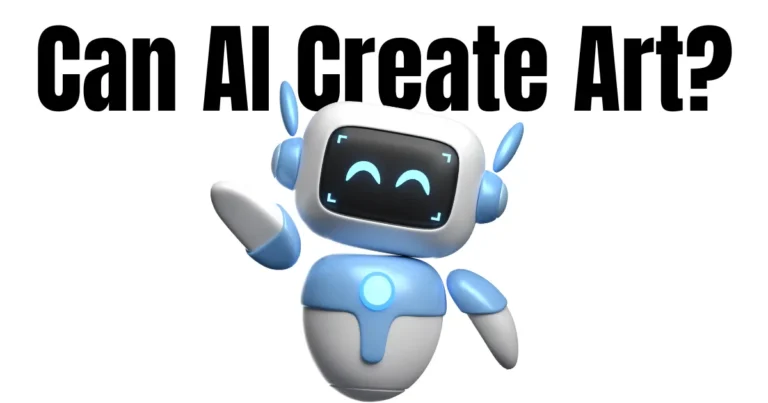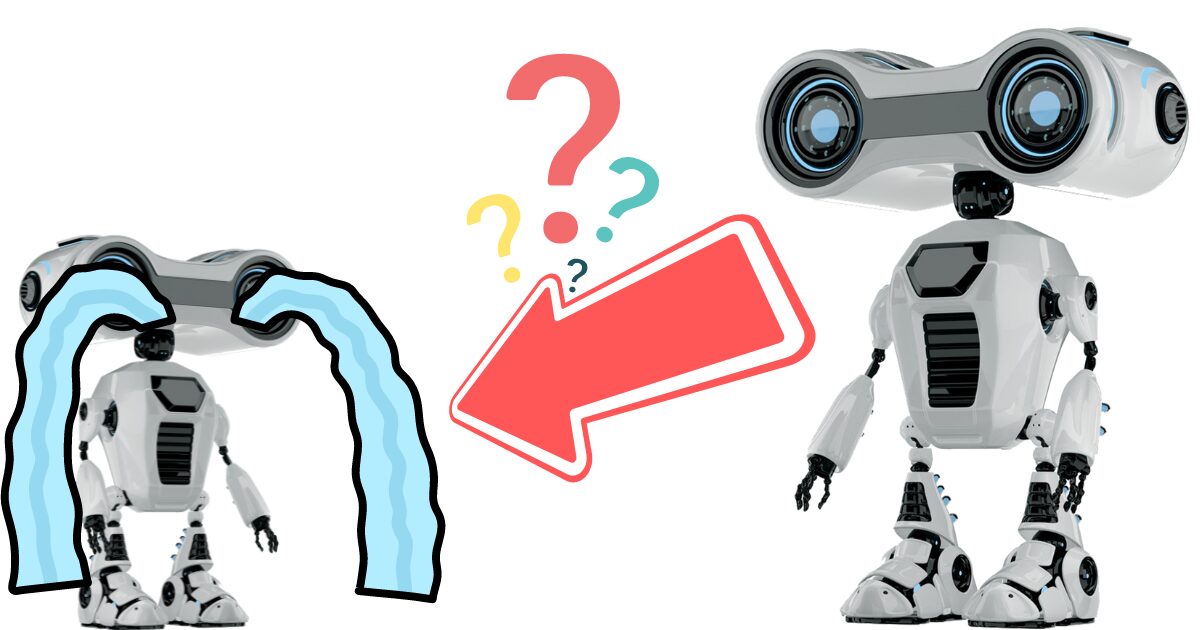
After releasing ChatGPT people started talking about AI and all about artificial intelligence. In this latest AI time, a central question always arises: Can AI ever experience emotions as humans do?
So below I’m going to answer the question with proper emotions and I will try to dive deep into the answer so you can understand the whole thing.
Contents
Knowing Emotions in Humans
We first need to understand human emotions to consider if AI can feel emotions. Emotions are tied to our biology, including the brain, hormones, and sensory experiences.
They have evolved as survival mechanisms, like fear for avoiding danger and love for strengthening social bonds. Emotions are complex and subjective, varying greatly among individuals.
AI Today (Simulated Emotions)
Modern AI can recognize and simulate emotions. It can detect human emotions through facial recognition and voice analysis. AI systems, like robots and virtual assistants, use data to mimic emotional responses, making interactions seem more human-like.
Simulation vs. Experience
There’s a notable difference between simulating emotions and actually experiencing them.
AI lacks the biological basis that humans have for generating emotions. While AI can mimic responses, it doesn’t truly “feel” them. AI operates on objective data and algorithms. Which makes the subjective nature of human emotions hard to replicate.
Theoretical Considerations
Some theories suggest that AI could potentially experience emotions. Philosophers have proposed ideas like panpsychism, which suggests consciousness isn’t limited to biological organisms.
There’s also the concept of emergent properties in complex systems, raising the possibility that an advanced AI might develop unexpected characteristics similar to emotions.
Ethical Implications
If AI were to develop emotions, it would lead to ethical questions. Would AI with emotions have rights? How would we ensure their fair treatment?
Introducing emotions into AI would also bring substantial moral responsibilities for creators and users.
Currently, AI systems simulate emotional responses, but the actual experience of emotion remains uniquely human. The future of AI and emotions is uncertain, and it’s not just about technological capabilities but also our ethical, philosophical, and societal readiness to address such profound implications.

